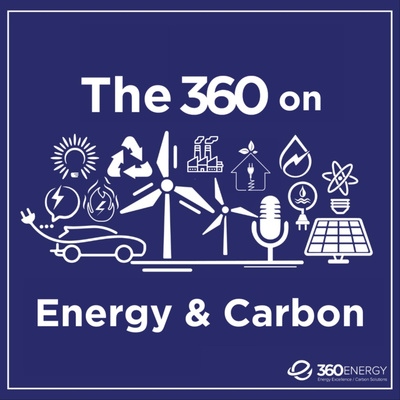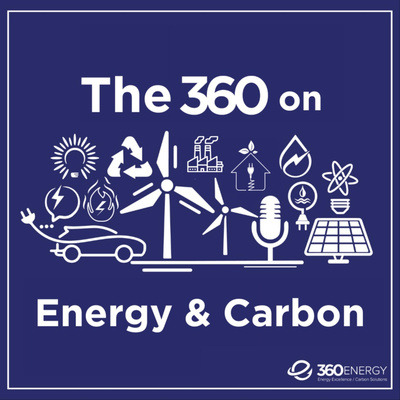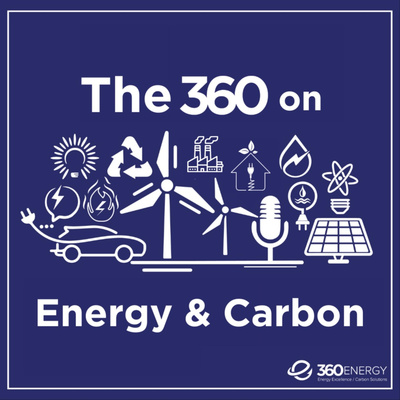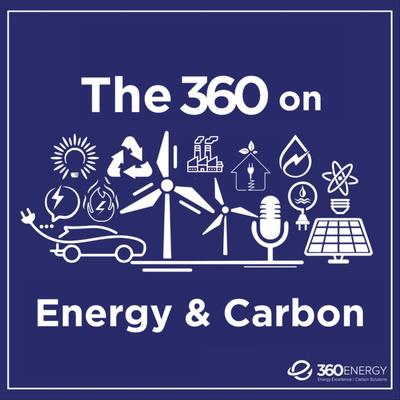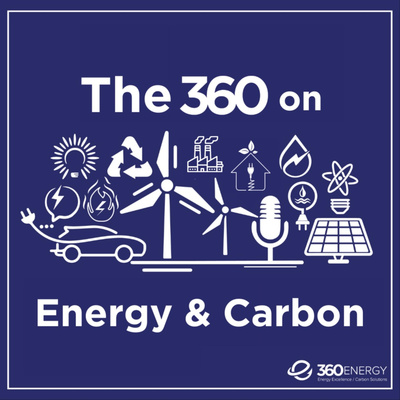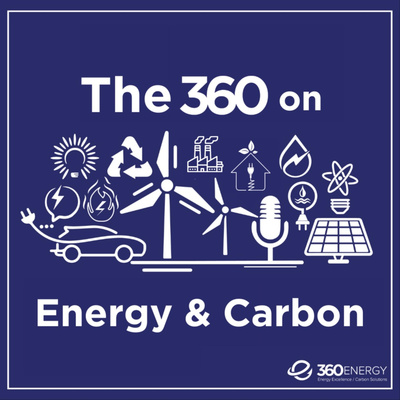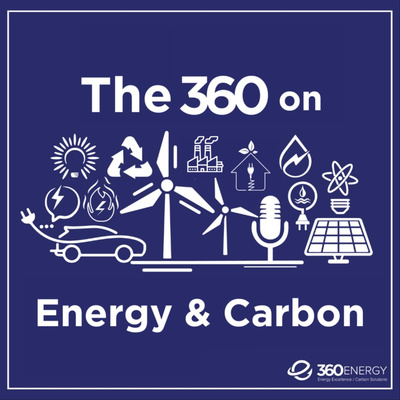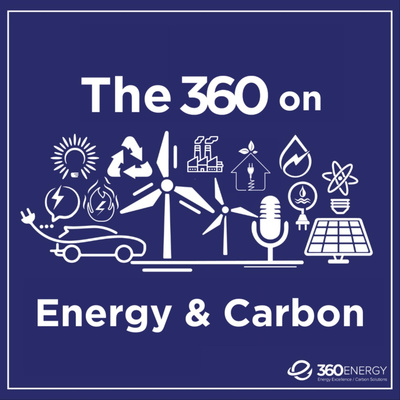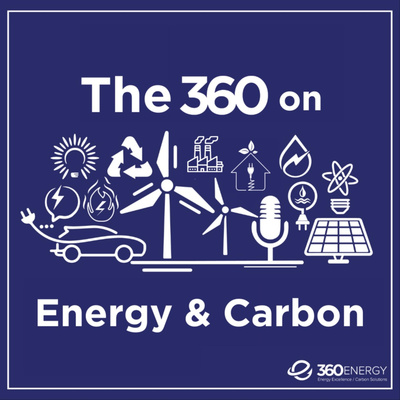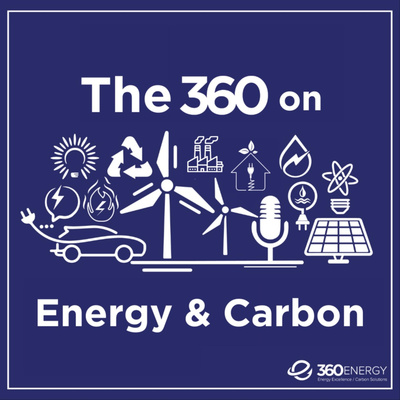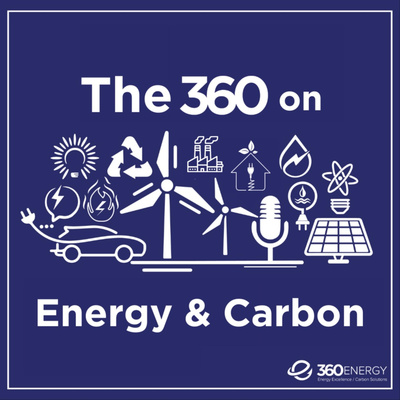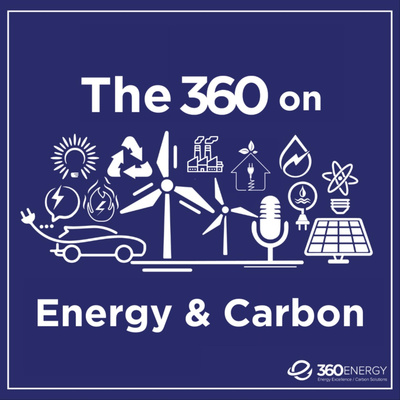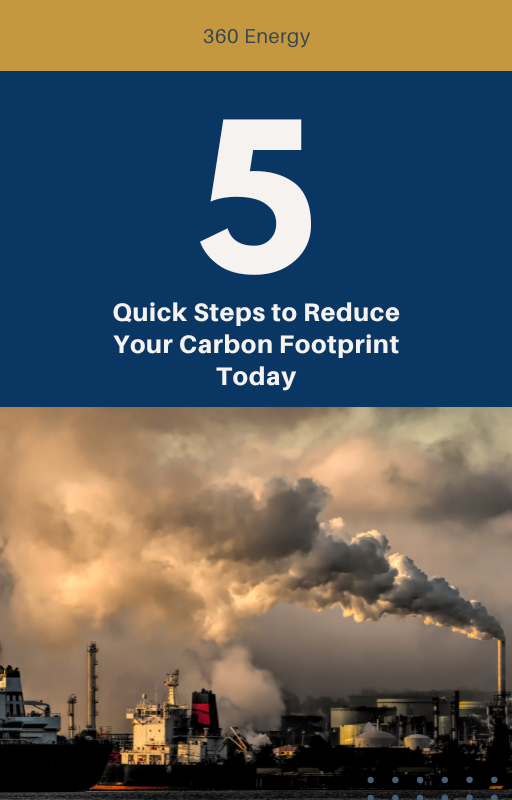
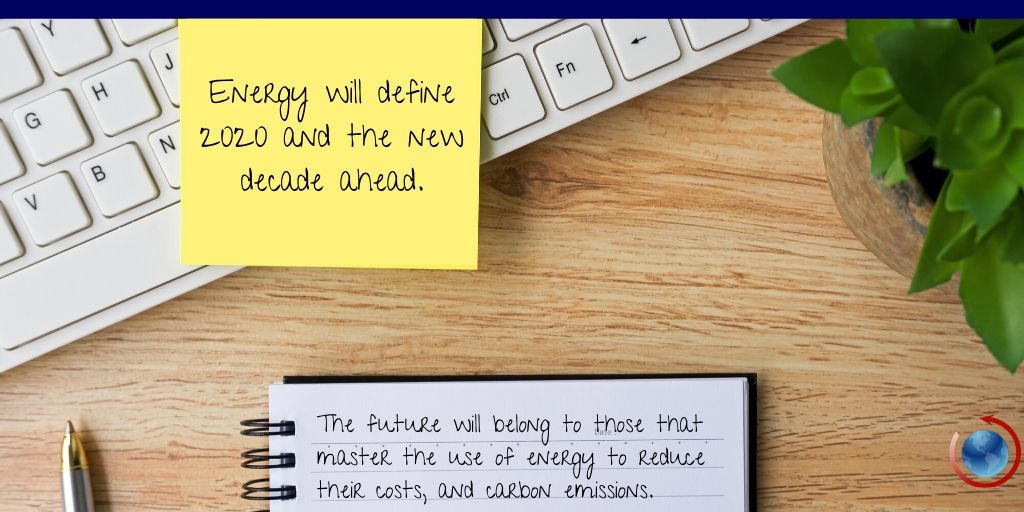
MESSAGE FROM CEO
Have You Put Energy into Your New Year Resolutions?
Welcome to 2020!
To all of our many friends and clients, I wish you the very best for the coming year.
Have you resolved to control your energy costs this year? It is still not too late for new year resolutions!
Energy will define 2020 and the new decade ahead. The future will belong to those that master the use of energy to reduce their costs, and carbon emissions.
One of our customers informs us that controlling their energy use in 2019 was equivalent to adding over $10 Million in sales revenue. Seemingly small actions on energy can have big impacts on the bottom line. Your action on energy will help your organization thrive in the years ahead.
There are 5 reasons why you will want to make energy management a priority in 2020.

360 On the Media / Small Data. Big Results.
This article originally appeared in the November 2019 edition of Engineering Progress Magazine, the flagship publication of the American Institute of Chemical Engineers.
By David Arkell
“Big Data” is receiving a lot of attention. And for good reason. Nearly every process, transaction or interaction can now be digitized. Computing power and sophisticated algorithms are detecting patterns in those aggregated data that were not possible even a few years ago.
Billions of data points from millions of people have high value. Companies like Facebook and Google have converted social media likes, internet searches, and cell phone tracking into marketing gold. The Internet of Things, Artificial Intelligence, and robotics are transforming the way services are provided and how products are manufactured and used.
The energy and water industry has been taking note. Along with commodity suppliers and government, utilities have focused on interval meter and sub-metering as a way of getting on the big data bandwagon. Interval data is being promoted to energy consumers as the big data tool that will deliver the success experienced in other sectors.
Interval data can play a tactical role for a business that wants to optimize production and energy efficiency in their operations. However, a preoccupation with the big data success story can actually hamper effective action on energy when it distracts or prevents a business from grasping the strategic importance of small data.

360 On The Media / Become More Competitive and Help the Environment Too.
This editorial by David Arkell appeared in the November 29, 2019 edition of the Financial Post
They say there’s no such thing as a free lunch. But 25 years in the energy industry have taught me Canadian companies, large and small, aren’t doing a very good job of managing their energy. When that energy is from fossil fuels, their greenhouse gas emissions aren’t being managed as well as they could be either.
The great majority are leaving at least five per cent of their utility costs on the table.
For large companies spending $10 million to $100 million annually on utilities, that’s $500,000 to $5 million. Smaller organizations with fewer resources for focusing on energy flows may fare even worse.
The truth is, nearly all companies are handing over money they don’t have to. Whatever your views on climate change, if saving money can reduce your emissions, too, more careful attention to energy use should be a no-brainer.

Client Spotlight / Samuel Energy Team Achieves Success
The energy team at Samuel, Son and Company’s plant in Fort Mill, South Carolina are successfully challenging an assumption that significant energy efficiency improvements can only be made using new technology. Tony Godbolt, Lauren Sanders, Butch Freeman, Jon Bryan and John Dimoff are proving that smart plant operators can make big energy savings without large capital investments.

COACHES CIRCLE / Scammers Are Calling – How Do You Protect Yourself?
There are new scams being tried every day. How can you know if the phone call you’re receiving is legitimate or not?
Is someone requesting payment for your utility bill? NEVER, EVER, give any details over the phone.

360 Energy E-Learning / What’s Coming
Because at 360 Energy we are committed to providing you with the best trainings, below you’ll find the next webinars for you to join and learn.
Transition to a Hydrogen Economy / Feb 6 / 1:00 PM EST Webinar
Join David Layzell as he discusses emerging technologies and the feasibility and function of the use of Hydrogen as a fuel additive and replacement in a variety of different common applications. 1 hour webinar, Q&A at end.
Carbon Capture: A Primer / Feb 20 / 1:00 PM EST Webinar
Join Richard Adamson as he discusses carbon capture technologies, storage, and utilization. Current and emerging technologies will be discussed, as well as constraints that exist. 1 hour webinar, Q& A at end.
Electrify Personal Mobility: Disruptive Change for Industry / March 4 / 1:00 PM EST Webinar
Join David Layzell in discussing the electrification of transportation, and its impact on a variety of factors in its everyday use, including building construction requirements, autonomous vehicle development and deployment, and the impact of these factors in economic development and land use. 1 hour seminar, Q& A at end.
Sustainability and Climate Change March 12 / 7:30 AM
Seminar, Port Nelson Hall in Burlington, ON
Join Bob Willard for this breakfast seminar as he discusses sustainability and climate change, current information, progress, development, and challenges.
1 hour seminar/breakfast meeting. Details about participating to follow.
Sustainability Reporting Frameworks / April 2 / 1:00 PM
These days, companies are under increasing pressure to be more transparent about their environmental and social impacts. Many corporations already produce an annual sustainability / corporate social responsibility / environment report for their stakeholders. This webinar will compare and contrast the most popular reporting frameworks. It will enable you to make a more informed decision on which reporting framework might be most appropriate for your company to consider when reporting its energy, greenhouse gases, waste, water, community and other sustainability impacts.
